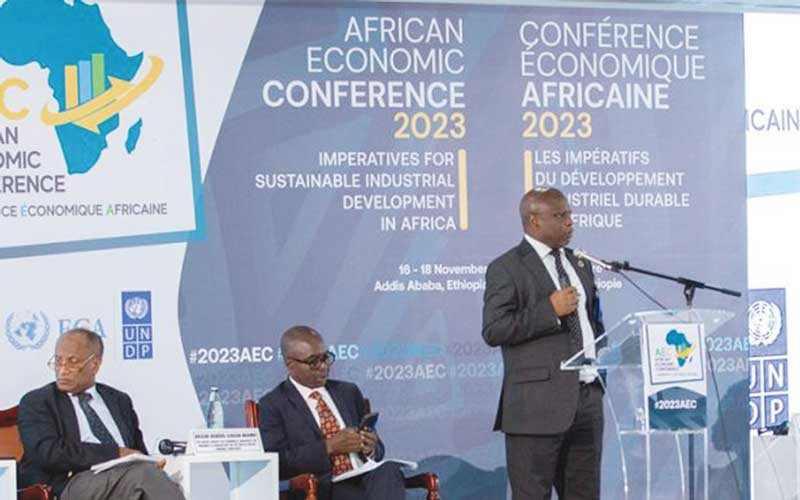
PUBLIC-PRIVATE partnerships (PPPs) are crucial to closing the financing gap for infrastructural development in Africa, governments and the private sector should work together to create effective PPP.
Financing Africa’s infrastructure is still a big challenge faced by many countries on the continent.
To bridge the infrastructure gap, PPPS are essential for infrastructural development in Africa.
The African Development Bank estimates that between US$130 and US$170 billion is needed for infrastructural development every year, leaving a substantial financing gap of US$68 to US$108 billion.
Traditionally, African governments and international partners like China have been primary investors in infrastructure.
However, due to financial constraints, there is a growing need to explore PPPs.
These can harness private investment, technology and expertise, improving service delivery efficiency and cost-effectiveness.
The PPP experience varies across countries due to GDP differences, capital market size and depth.
- Open letter to President Mnangagwa
- Feature: ‘It’s worse right now than under Mugabe’: Sikhala pays the price of opposition in solitary cell
- Masvingo turns down fire tender deal
- Human-wildlife conflict drive African wild dogs to extinction
Keep Reading
The United Nations Economic Commission for Africa (ECA) has been working with African countries to enhance their PPPs for infrastructural development, undertaking capacity building and helping them mobilise resources for infrastructural development.
Infrastructural development is critical for sustainable development in various sectors, including green energy, clean water and sanitation, in order to achieve the sustainable development goals.
To bridge the infrastructure gap, there is a need to bring in the private sector.
PPPs provide options to financing, and leverage on risk-sharing, including financial and technical risks.
Cameroon, despite its many problems, has an economy that is still resilient enough to promote PPPs.
However, the current business environment should be improved to promote more PPPs, while capacity building is also necessary to help mobilise funds.
There is an urgent need to address the infrastructural financing gap in Africa.
In Ethiopia’s case, the pace of development and engaging the private sector has been slow and sometimes results in unnecessary delays.
Also, there is a big challenge of understanding the regulatory frameworks for PPPs, feasibility, and procurement regimes in the country.
Development partners support aspects of PPP development in Ethiopia through finance mobilisation, technology transfer and capacity building.
There is also the need to attract private-sector investment to PPPs, promote collaboration among stakeholders, identify necessary legal reforms, build PPP competencies and establish knowledge platforms for sustained support.








